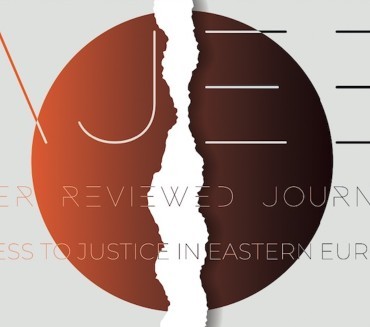1. Introduction. – 2. Research Methodology. – 3. Inheritance in Ukraine. – 4. Legal Issues in Inheritance Disputes of De Facto Spouses. – 5. Granting of One-Time Financial Assistance in the Event of the Death of Defenders of Ukraine. – 6. Foreign Practices in Lump-Sum Payments in the Event of a Servicemember’s Decease. – 7. Conclusion.
Background: The military aggression of the russian federation1 against Ukraine has led to a rise in
inheritance disputes involving de facto spouses of deceased servicemen. The increasing prevalence of
such partnerships in Ukrainian society, coupled with the lack of proper legislative regulation, creates
legal uncertainty, compelling individuals to seek judicial recognition of the status and right to
inherit. Judicial practice shows inconsistency in resolving such cases due to the absence of uniform
criteria for assessing evidence and procedural mechanisms. Within this context, addressing the issue
of one-time financial assistance to de facto spouses of deceased servicemen becomes significant.
Given Ukraine’s prolonged military involvement, comparative analysis with the legal frameworks of
the United States and South Korea offers valuable insights to assessing Ukraine’s domestic model.
Thus, the premises of this study are shaped by wartime realities, the legal imperfections of existing
inheritance law, and the urgent need to adapt Ukrainian legislation to emerging challenges.
Methods: The study employs various methods, including analysis and synthesis for studying
legal norms, adjudications, and scientific works, as well as summarising the obtained results.
Inductive and deductive reasoning support the development of general conclusions based on
judicial practice. Abstraction is used to refine and generalise key concepts and legal categories
related to inheritance law. The formal-legal method is applied to analyse norms of civil and
family law of Ukraine, while the comparative-legal method facilitates the review of foreign
experiences in common-law marriage inheritance issues (particularly focusing on the USA and
South Korea. The historical-legal method provides insight into the evolution of Ukrainian
inheritance legislation, and the teleological (purposive) method to analyse the objectives
underlying legal norms and judicial precedents in this area.
Results and conclusions: The research identified the main issues regarding inheritance
disputes involving the de facto spouses of deceased servicemen. Judicial practice demonstrates
a standardised approach to the assessment of evidence, contributing to the uniform application
of the law. An analysis of current legislation and case law showed that the main challenge
remains the fact of common-law cohabitation, which often requires substantial evidentiary
support. International experience confirms that Ukraine’s model of financial assistance in the
event of a servicemember’s death aligns with global standards. The findings lead to the
conclusion that domestic legislation needs to be amended.

